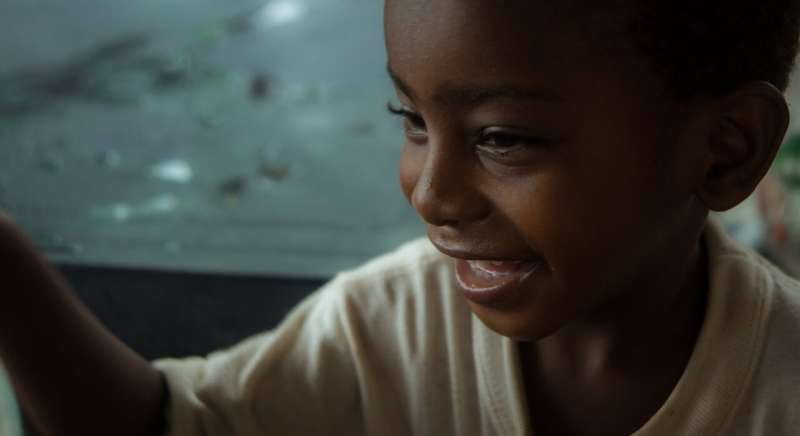Indigenous kids' tooth decay rates reduced in remote north Queensland

A combination of preventive treatments reduced tooth decay and improved the quality of life for more than 200 Indigenous Australian children living in remote north Queensland, a study has found.
University of Queensland School of Dentistry researcher Associate Professor Ratilal Lalloo said the intervention was especially effective in reducing severe tooth decay.
"Children who had the health preventative procedures experienced fewer instances of severe new tooth decay compared to children who didn't receive treatment," Dr. Lalloo said.
"Access to dental services in remote Aboriginal and Torres Strait Islander communities is extremely limited and therefore prevention of tooth decay is critical to address this significant health burden.
"Tooth decay can affect overall health and nutrition, self-esteem and it can increase the risk of chronic disease such as heart disease."
Indigenous children in rural Australia have up to three times the rate of tooth decay compared to other Australian children—and among those with the most severe decay the difference is ten-fold.
Study participants had existing tooth decay treated, followed by the preventive program comprised of dental sealants on vulnerable teeth, fluoride varnish and topical disinfectant that reduces bad bacteria and lets good bacteria take over.
Emeritus Professor Newell Johnson from Griffith University's School of Dentistry and Oral Health, said the study showed the combination of topical treatments substantially improved the oral health and quality of life of the children.
"The oral health professionals fly in/fly out model we used in the study is a cost-effective way of delivering the program," Emeritus Professor Johnson said.
"Primary health care workers such as community nurses and Aboriginal health workers can be trained to do these treatments, making them even more cost-effective."
Children were seen every year for three years to inspect their teeth and to apply the preventive intervention again.
Dr. Lalloo said researchers hoped the findings would lead to evidence-based policies and practices in preventing tooth decay in remote Aboriginal and Torres Strait Islander communities across Australia.
"It is critical the consumption of easily accessible sugar-laden products such as soft drinks is reduced, we encourage the Queensland Government to consider making water fluoridation mandatory, and to support remote, rural and regional local councils to implement these proven preventive measures."
More information: Ratilal Lalloo et al. Carious lesions in permanent dentitions are reduced in remote Indigenous Australian children taking part in a non-randomised preventive trial, PLOS ONE (2021). DOI: 10.1371/journal.pone.0244927

















